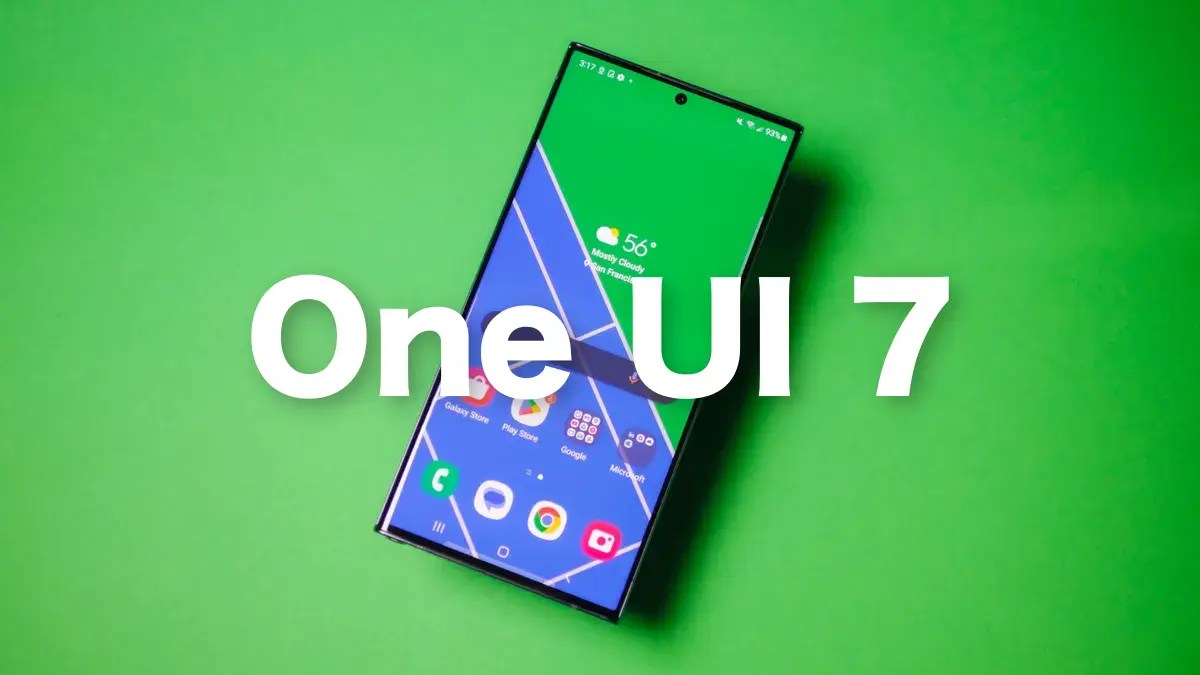According to a recent report by Bloomberg, Apple is exploring the possibility of using AI models from OpenAI or Anthropic to power the more advanced version of Siri that was unveiled at WWDC 2024. Although the company had initially promised to deliver an updated version of its voice assistant that can understand personal context and perform actions within apps by 2025, it has officially delayed the release until 2026.
As part of its proposed plan, Apple has asked Anthropic and OpenAI to develop versions of their AI models that can run on Apple’s Private Cloud Compute, which are secure servers powered by Apple chips. This is not unprecedented, as the company already relies on its servers for certain AI features that cannot be run locally.
Although Apple currently uses OpenAI’s ChatGPT for some aspects of Apple Intelligence, relying entirely on a third-party company for Siri would mark a significant departure from its current approach. As Bloomberg notes, the company has traditionally powered most of its AI features using its homegrown technology, known as Apple Foundation Models, and had planned to release an updated version of its voice assistant that utilizes this technology in 2026. One of the key AI announcements made by Apple at WWDC 2025 was to make these foundation models available to third-party developers.
The fact that Apple is considering using third-party AI models reflects internal changes within the company. The leadership of Apple’s AI teams has reportedly changed hands from John Giannandrea, Apple’s senior vice president of machine learning and AI strategy, to Craig Federighi, the senior vice president of software engineering. Furthermore, Bloomberg reports that Apple’s Siri team is now being led by Mike Rockwell, who previously oversaw the development of the Apple Vision Pro.
As Bloomberg points out, using AI models from Anthropic or OpenAI would actually bring Apple’s approach to AI in line with that of Samsung. Galaxy AI relies on a combination of custom Samsung software and Google’s Gemini. It’s worth noting that using third-party models would not preclude Apple from switching back to its in-house technology in the future. The company has made similar transitions in the past, such as when it replaced Google Maps with its custom Apple Maps service in 2012.
Regardless of the direction Apple ultimately takes, the updated version of Siri is not expected to launch until 2026. In the meantime, the company will release a more limited set of AI-related features with the launch of iOS 26, iPadOS 26, and macOS 26 this fall.
Source Link





